When it comes to your child’s brain development, food plays an important role. Just as certain foods can help boost their physical development, specific food types for your child can help support their cognitive development.
Your child’s food at his early stage in life (probably the first two years) is critical to this development. Food eaten at this stage forms a larger part of the nutrients needed for your child’s brain development.
According to Dr. Sarah Jane Schwarzenberg, a member of the American Academy of Pediatricians (AAP) on nutrition, after six months from birth, breast milk no longer gives the child the needed amount of iron and zinc for his rapid brain development. So, foods containing high amounts of iron, zinc, and calcium should be the first meals for the baby.
If you’re looking to give your child a little extra brain power, consider incorporating these five food types into their diet:
Eggs contain choline and many other nutrients essential for brain development and functions. That makes it very nutritious food and critical for your little one’s brain functioning.
A recent study shows that adding choline to your child’s meal for the first 1000 days from birth benefits brain functioning and nerve cell development. One large egg contains choline that can meet the daily intake requirements.
Eggs also contain high protein, iron, and vitamin A, which are needed for cell repairs, including brain cells.
Whole Grains
Whole grains contain vitamins and possess a relatively high level of energy supply. For example, grains contain several vitamin B compounds (riboflavin, niacin, folate) and carbohydrates, the body’s main energy source.
Whole grains also contain minerals like iron, which is responsible for transporting oxygen to the brain. They also have antioxidants, which can protect the brain from aging.
Whole grains can be served to your kid in different ways. That includes bread, cookies, pretzels, tortillas, rice, pasta, and crackers.
These can take just a few minutes to prepare with our baby food processor.
What We Know?
We have established that a highly nutritious meal is critical for your child’s general brain performance in light of these facts. However, food rich in brain development nutrients is not restricted to just those mentioned above, but adding them to your meals will be a good starting point.
Feeding your child the right foods is important for their brain development. The five food types we’ve listed are a great place to start, but make sure you consult with your pediatrician about other nutrients that may be important for your child. Also, it is advisable not to dwell on only one particular type of food, as this is necessary to give your child a more balanced diet. So, what are some of your favorite healthy foods to feed your little one?
Storii Food Containers
More than just a container, Storii containers are an advanced all purpose storage system. Featuring secure-latch lid with leak-proof silicone seal and integrated removable ice pack, this is the only baby food storage container you’ll ever need. Perfect for storage, snacks, travel, lunch bags and anything else you can throw at them.
Made without the use of harmful or toxic materials, Storii containers can be entirely disassembled and are dishwasher, freezer, and microwave safe (just don’t cook the ice pack). They’re also stackable and nesting to help save crucial space in the fridge and when not in use.
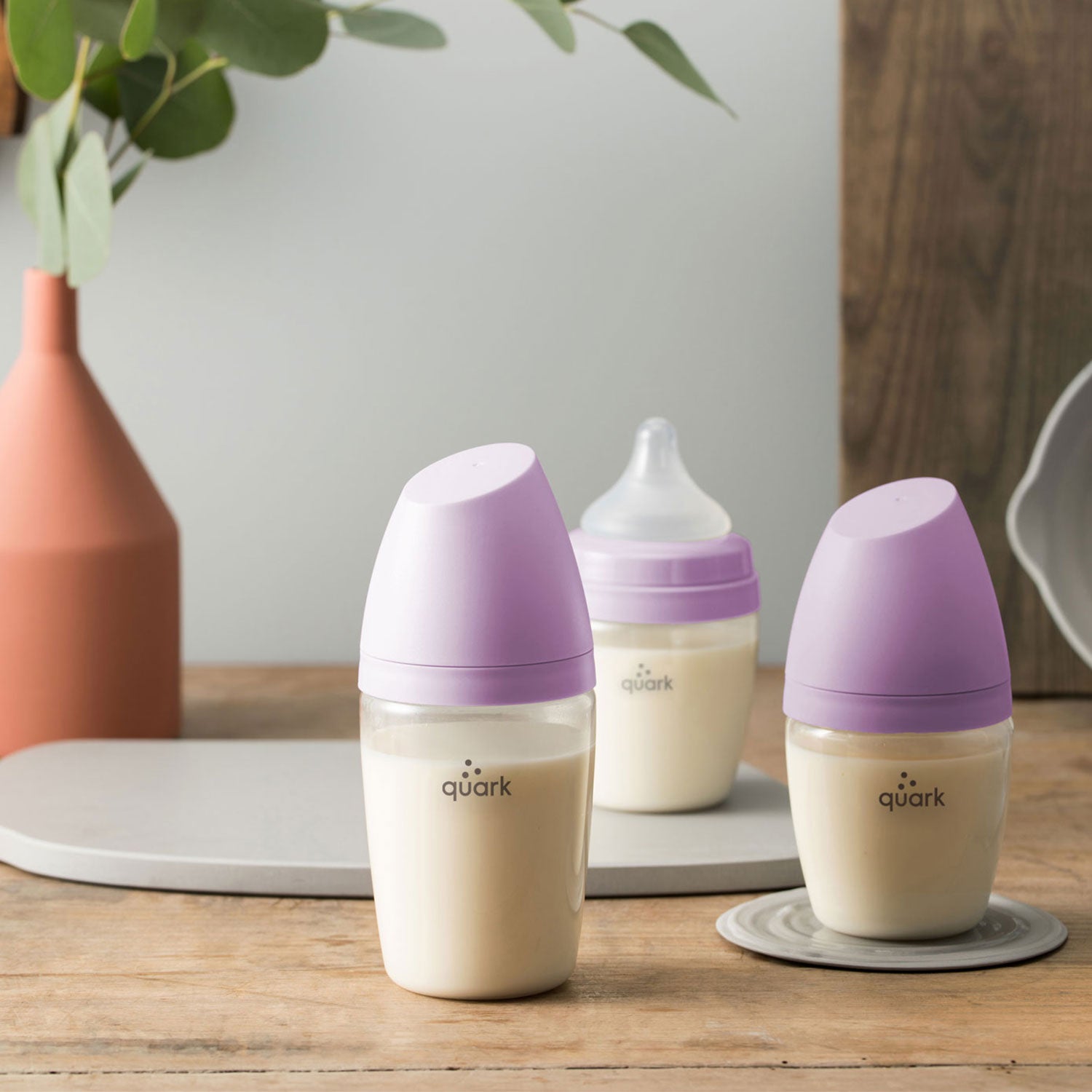




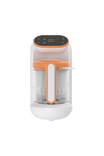
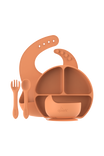
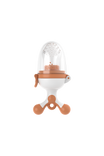
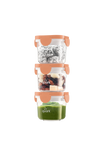
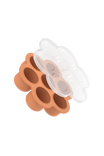
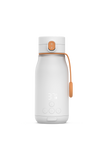
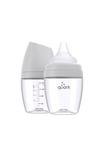
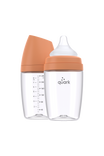
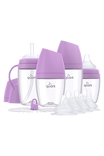
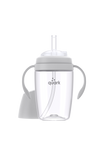
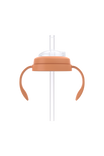
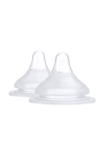
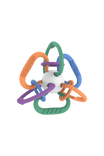
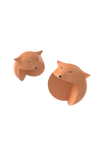
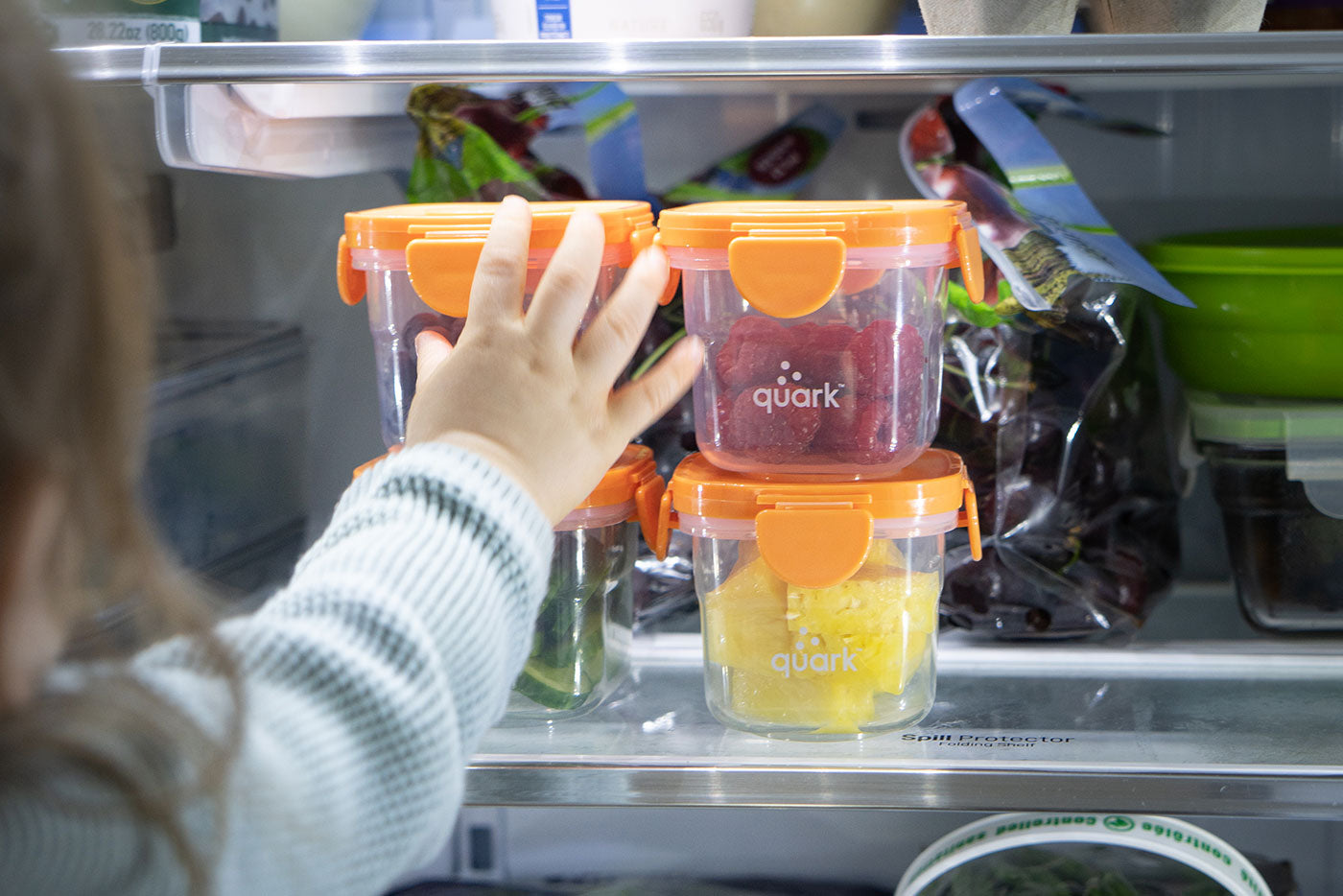

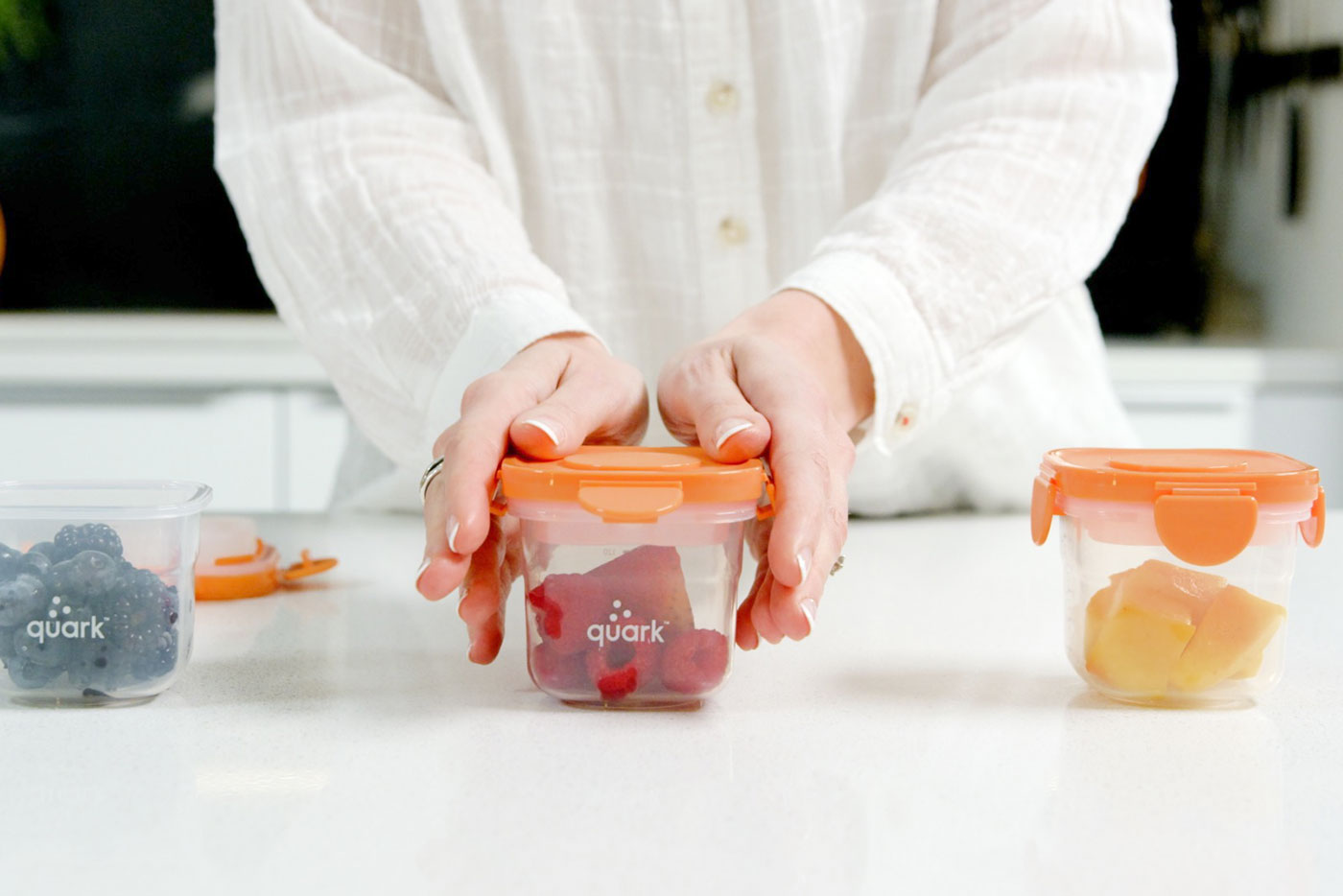
Leave a comment
All comments are moderated before being published.
This site is protected by hCaptcha and the hCaptcha Privacy Policy and Terms of Service apply.